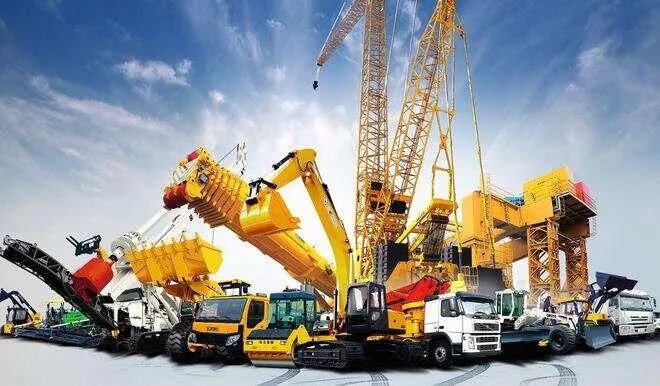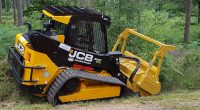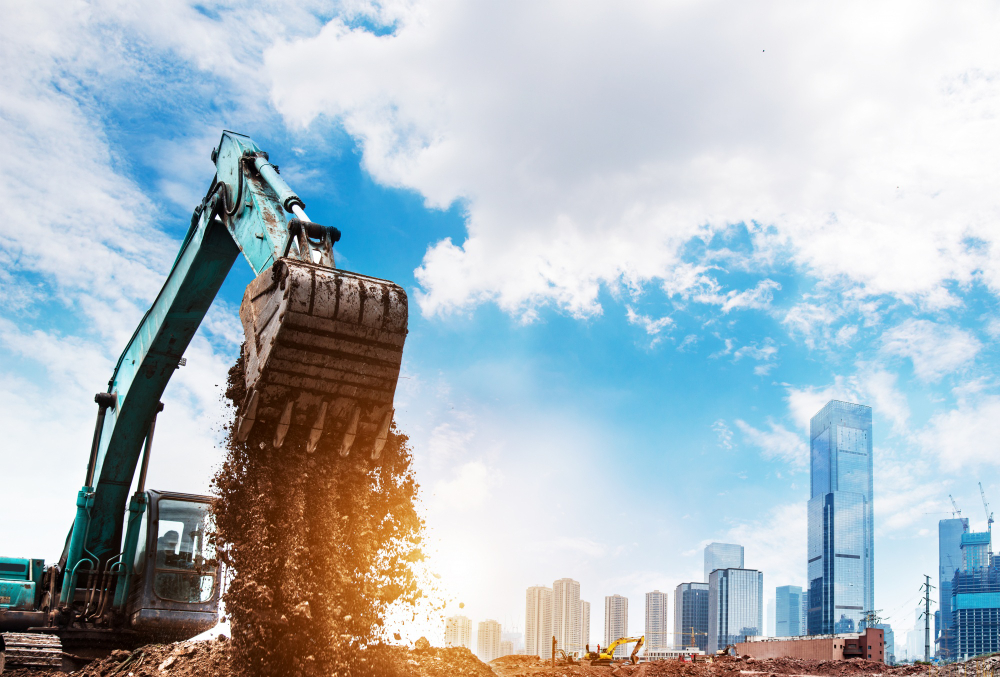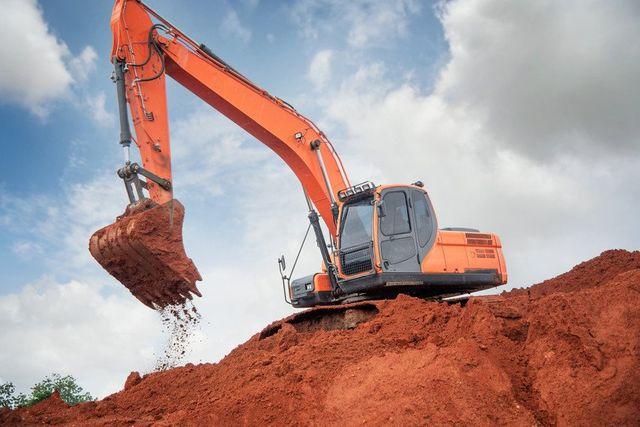Things to Consider While You Lease Equipment
When you decide to rent equipment, there are various factors that you have to keep in mind and weigh against each other to make a final decision. These include:
- How long will you need the equipment
- What is your budget
- Model year and equipment condition
- What can be used for it
- If a deposit is required
- Changes in financial conditions
By asking and answering these questions and others based on the information in this guide, you will be able to make informed and informed decisions for your organization. This guide will cover the process, considerations, terms, conditions, and types of property leases, as well as advice on questions, to ask your real estate agent and lender.

Construction Equipment
Trends
When you need or want to add equipment to your fleet, you must first decide whether to buy the equipment or rent it. Each option has pros and cons depending on your organization’s financial situation, what it needs to accomplish, and your long-term vision.
Buying
Buying new equipment has its benefits. You benefit from the latest technology available in the industry. It becomes useful, adds value to your income statement, and provides tax deductions in the form of discounts. You decide where, when, and how to use it without claims or anyone restricting its use by time, place, or purpose. You have control over maintenance and scheduling, allowing you to save money, schedule work when needed, and have peace of mind that it is safe and efficient. Still, buying has its downsides. What may be the latest technology today will no longer be available five years from now, and you will have to buy new equipment to upgrade it. During or at the end of the equipment’s life cycle, you must facilitate the disposal of the part. Depreciation occurs over a period of time, so the cost of purchasing the equipment may not be realized until its end of use. You assume responsibility for paying all costs of service or repair, including transportation to the repair center.
Lease
Furniture leasing is popular because its advantages mirror the disadvantages of buying; with a lease, you determine how long you want the equipment. At the end of the lease, you return it, and can rent another more current version. When you’re done with the equipment, you can return it to the owner without having to worry about finding a buyer or a place to pick it up. Rent payments are considered tax-free, giving you a full and immediate tax benefit. Rental contracts often include maintenance and repair costs as well as transportation, delivery and installation costs. The table below provides a side-by-side comparison.


